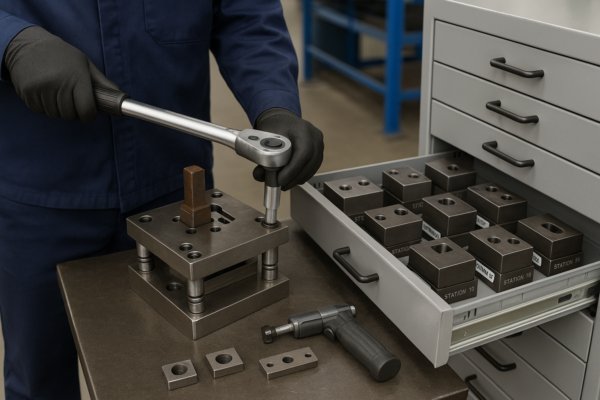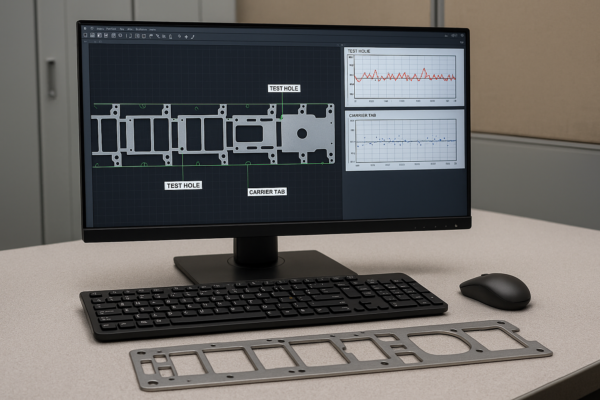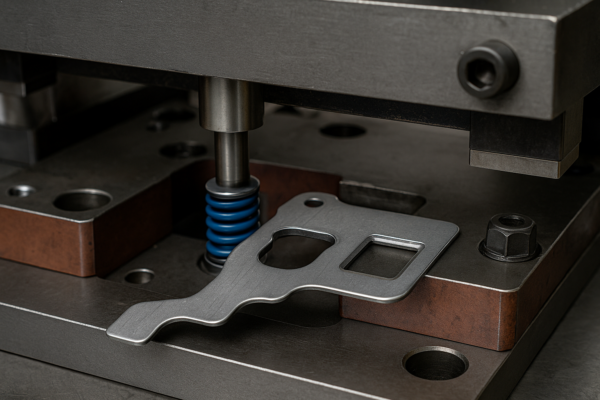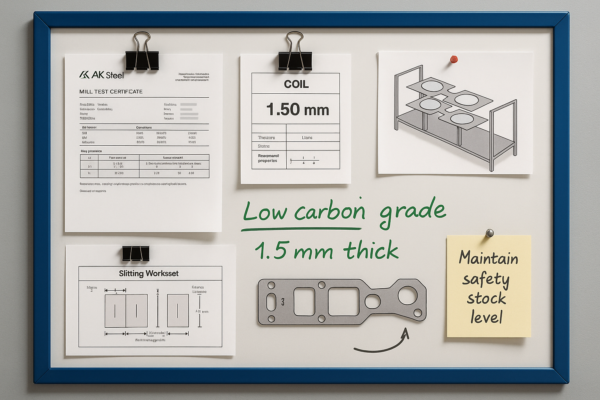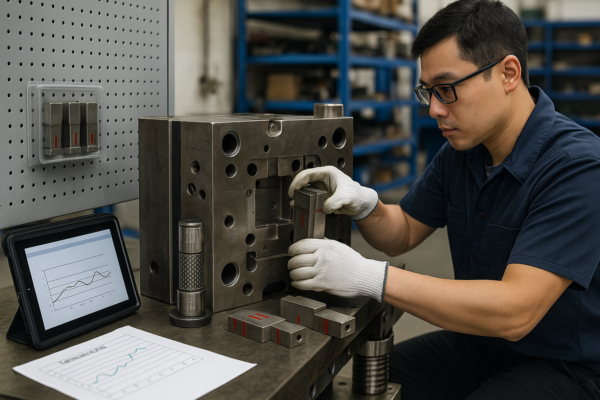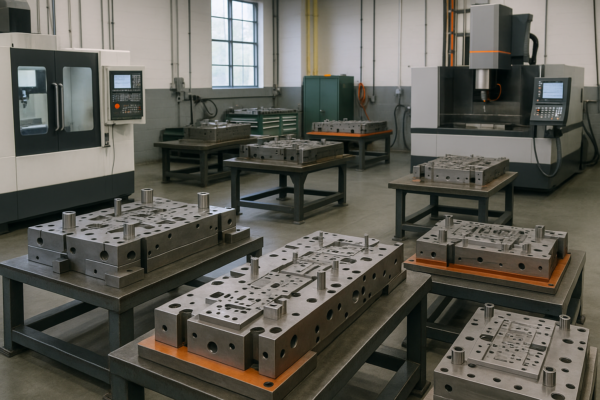What Are the Types of Screws?
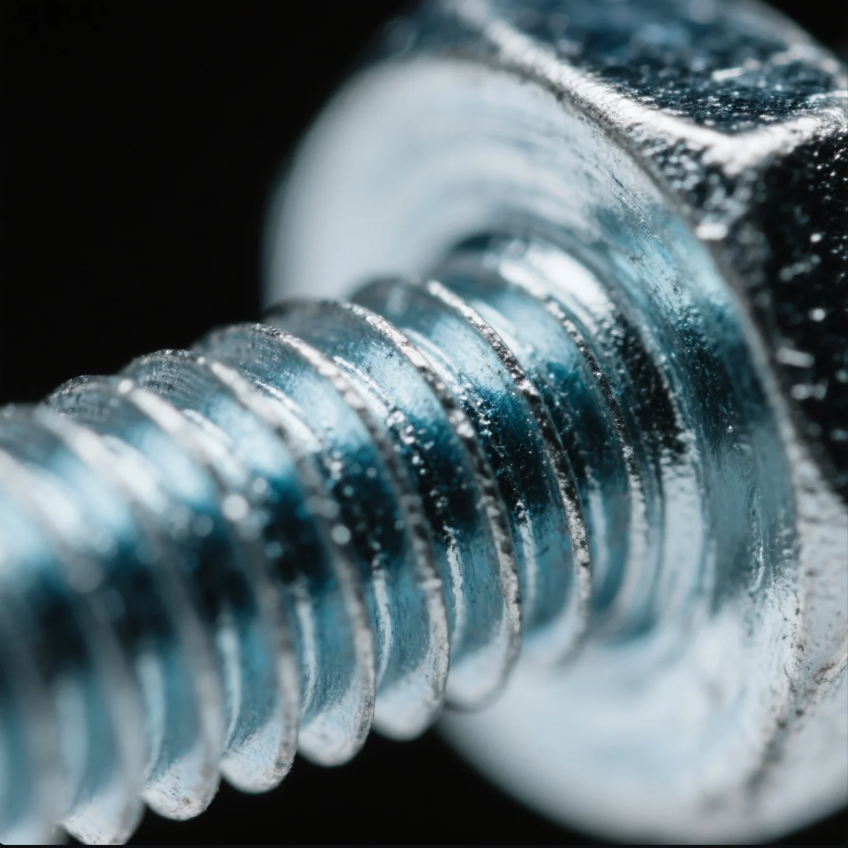
Many buyers struggle with screw classification.
There are dozens of screw types, but not all fit industrial needs. Learn how to choose the right screw type.
Screw selection seems simple, but wrong choices lead to weak assemblies or product failures. Let me help you avoid that.
What Are the 3 Most Common Types of Screws?
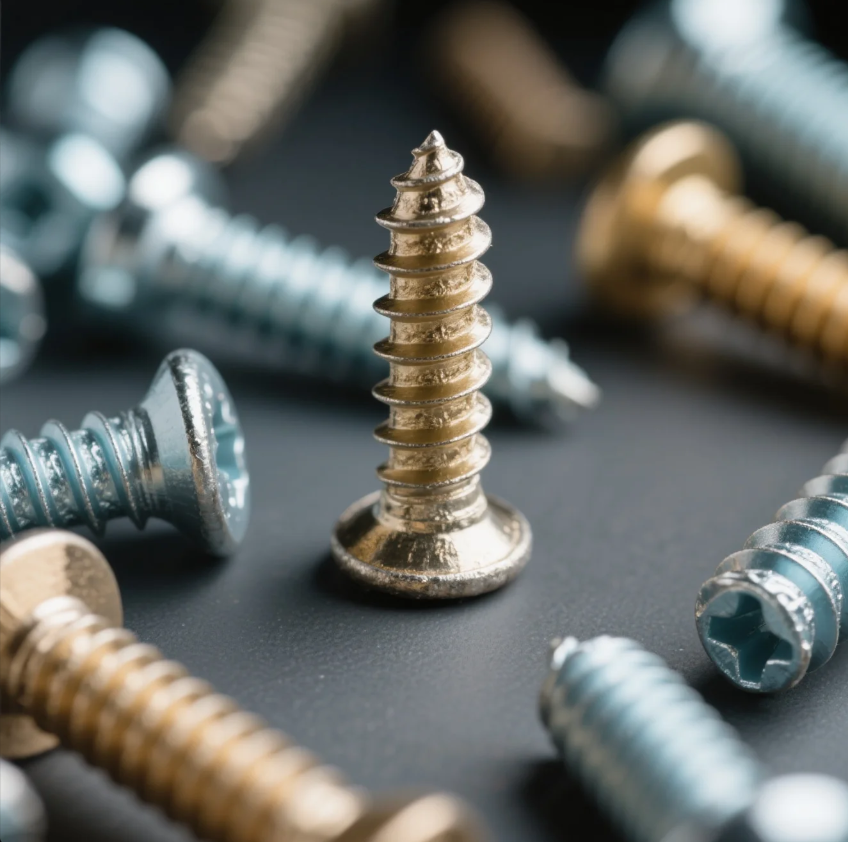
Many buyers only recognize screw shapes. They often ignore the thread, drive, or material differences.
Wood screws, machine screws, and sheet metal screws are the most common screw types. Each serves a unique purpose.
I’ve seen many engineers confuse a wood screw with a self-tapping sheet metal screw. That mistake causes damage or weak fastenings. The three most common screws include:
-
Wood Screws
Designed for wood. They have coarse threads and sharp points. -
Machine Screws
Work with nuts or tapped holes. Uniform threads and blunt ends. -
Sheet Metal Screws
Self-tapping. Perfect for metal and plastic. Sharp threads and pointed tips.
Screw Type Comparison Table
| Screw Type | Material Used On | Tip Type | Thread Type |
|---|---|---|---|
| Wood Screw | Wood | Sharp | Coarse |
| Machine Screw | Metal/plastic | Blunt | Uniform |
| Sheet Metal Screw | Metal/plastic | Sharp | Self-tapping |
Choosing the right type saves rework time and material cost. At Prime, we supply ISO-certified fasteners that fit each use case with precision.
We also support custom fastener orders for unique environments and applications.
What Is Type W or S Screws?
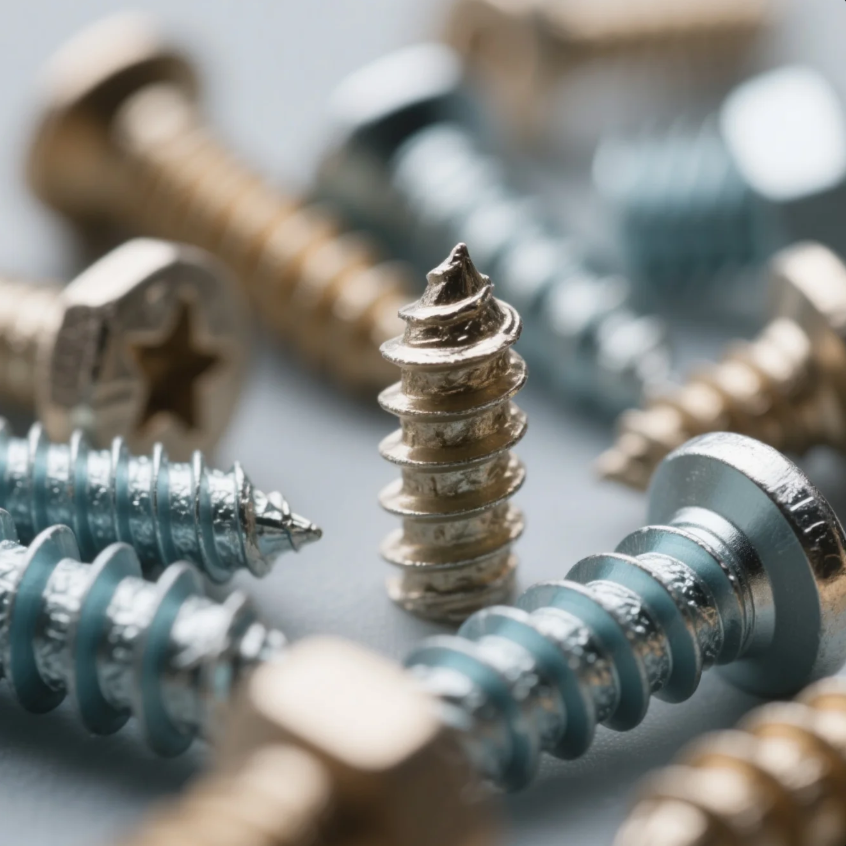
Technical screw codes confuse many sourcing managers. I’ve helped dozens who struggled with Type W and S specs.
Type W and Type S refer to drywall screws. They differ in threading, point design, and application.
Type W screws are for wood studs. Type S screws are for metal studs. Their usage errors lead to screw failure or stripped threads.
Key Differences Between Type W and Type S Screws
| Screw Type | Used For | Thread Pattern | Point Design |
|---|---|---|---|
| Type W | Wood studs | Coarse thread | Sharp point |
| Type S | Metal studs | Fine thread | Self-drilling tip |
I’ve seen US buyers mistakenly order Type W screws for steel frames. That caused installation issues and high labor costs.
If you’re unsure which type you need, we at Prime offer free screw consultation and quick sampling to help you avoid sourcing errors.
We have shipped bulk drywall screws with both W and S types to large construction clients across Europe and the US. Every order meets quality and packaging specs.
What Are 10 Examples of a Screw?

Too many clients ask for “standard screws” without knowing specific types. That makes sourcing slow and error-prone.
There are at least 10 commonly used screw types across industries. Each has unique shapes and applications.
Here are 10 examples of screws you might need:
- Wood Screw
- Machine Screw
- Sheet Metal Screw
- Drywall Screw
- Self-Tapping Screw
- Self-Drilling Screw
- Lag Screw
- Socket Cap Screw
- Set Screw
- Deck Screw
Sample Screw Application Chart
| Screw Name | Ideal Application | Special Feature |
|---|---|---|
| Lag Screw | Heavy wood joints | Hex head, strong grip |
| Socket Cap Screw | Machinery | High strength, Allen drive |
| Set Screw | Shaft fixation | No head, internal threading |
We keep all 10 types in stock and support OEM fastener services for buyers who need branded or specialized packaging.
With over 20 years in fastener export, we understand which screws fit different markets. We help you select the right ones—fast.
What Are Screws Without a Point Called?

This is one of the most asked questions from technical buyers. Screws without a tip confuse many clients during drawings or RFQs.
Screws without a sharp point are called “machine screws” or “set screws.” They’re used in pre-threaded holes or shaft settings.
These screws don’t pierce material on their own. They rely on pre-tapped holes or pressure locking.
Types of Screws Without a Point
| Screw Type | Application | Why No Tip? |
|---|---|---|
| Machine Screw | Threaded holes in metal | Needs matching thread |
| Set Screw | Lock components on shafts | Needs internal pressure |
I once worked with a US buyer who ordered pointed screws for a CNC gear assembly. The design called for flat-ended set screws, but the shipment failed QA due to tip mismatch.
We fixed the issue with a custom production run in 5 days, shipped via air. That saved the client’s timeline.
We stock both pointed and flat-tip screws, and our QC team checks every shipment for dimensional accuracy and tip specs.
Conclusion
Choose the right screw to avoid assembly failure. Prime delivers certified, custom fasteners with fast lead times.
Need the right screw type for your next project?
At Prime, we help global buyers find the exact fastener they need.
📦 Fast delivery from 10 active lines
✅ ISO-certified quality
🔧 Free technical support + RFQ quote within 12 hours
📩 Send us your inquiry today and get a tailored screw sourcing plan!

